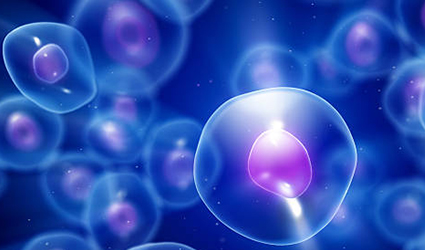Research Finds New Compounds to Reverse Key Aspects of Human Cell Aging
August 12, 2018
Source: MedicalXpress
 916
916

Research shows that chief aspects of the aging of human cells can be inverted by new compounds developed at the University of Exeter.
Researchers tested compounds intended to target mitochondria in a laboratory study of endothelial cells. In the samples under study, the number of senile cells was decreased by up to 50%. The Exeter team also recognized two splicing factors that play a major part in when and how endothelial cells become senescent.
"As human bodies age, they accumulate old cells that do not function as well as younger cells," said Professor Lorna Harries, of the University of Exeter Medical School.
"This is not just an effect of ageing—it's a reason why we age. The compounds developed at Exeter have the potential to tweak the mechanisms by which this aging of cells happens.”
"We used to think age-related diseases like cancer, dementia and diabetes each had a unique cause, but they actually track back to one or two common mechanisms. This research focuses on one of these mechanisms, and the findings with our compounds have potentially opened up the way for new therapeutic approaches in the future.”
"This may well be the basis for a new generation of anti-degenerative drugs."
Professor Harries said the aim was to help people stay healthier for longer. She added: "This is about health span and quality of life, rather than merely extending lifespan."
The new research specifically targeted and aimed at rejuvenating mitochondria in old cells.
In this new study, using fresh chemicals, the researchers were able to precisely target two splicing factors (SRSF2 or HNRNPD) that have a chief role in determining how and why our cells transform with increasing age.
"Nearly half of the aged cells we tested showed signs of rejuvenating into young cell models," said Professor Harries.
By DduRead more on
- Things to Know before Buying Newborn Baby Incubators March 31, 2022
- Highly Resistant Food Poisoning Bug Responds to Antibiotics September 6, 2018
- Smartphone Based Diagnosis to Identify Mosquitoes Transmitting Infection September 5, 2018
- 3 Natural Plant Extracts Manufacturers on Drugdu.com September 4, 2018
- Shenzhen Chuanggan – Health Assessment Facility Supplier September 4, 2018
your submission has already been received.
OK
Subscribe
Please enter a valid Email address!
Submit
The most relevant industry news & insight will be sent to you every two weeks.



